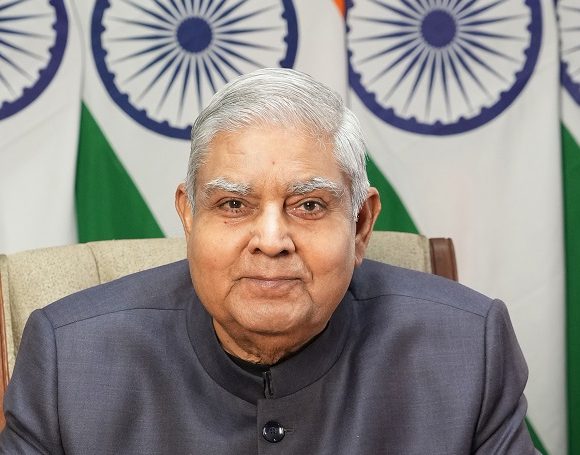
SC Collegium May Reassess Recommending Judges’ Relatives for High Court Roles
In a move that could reshape judicial appointments in India, the Supreme Court Collegium is reportedly considering pausing recommendations for high court judges who are relatives of sitting or retired judges. This potential shift aligns with ongoing discussions about fostering transparency and meritocracy in the judiciary.
Focus on Meritocracy and Transparency
The decision comes amidst concerns over nepotism and the need to uphold the judiciary’s credibility. Sources indicate that the collegium is evaluating the inclusion of merit-based criteria over familial connections to ensure that appointments reflect competence and fairness.
The Supreme Court Collegium, led by Chief Justice of India (CJI) D.Y. Chandrachud, is responsible for recommending candidates for appointments to higher judiciary positions. These recommendations, though subject to executive approval, hold significant weight in shaping the judicial landscape.
Current Dynamics in Judicial Appointments
India’s judiciary has faced criticism for alleged favoritism in appointments, with some advocating for greater accountability in the process. The move to halt recommendations of judges’ kin aims to address such concerns and build public trust in judicial appointments.
This shift could impact several candidates from judicial families who were previously considered for high court roles. Advocates for this change argue that it will create a level playing field for legal professionals, prioritizing skill and integrity over lineage.
Judiciary’s Commitment to Reform
The judiciary’s willingness to re-examine its appointment processes underscores its commitment to reform and impartiality. While familial ties have historically played a role in judicial nominations, the potential shift signals an effort to adapt to modern expectations of fairness and inclusivity.
The legal community and stakeholders await official confirmation and detailed guidelines from the Supreme Court Collegium regarding this development. If implemented, this decision could mark a significant step toward strengthening the judiciary’s integrity and public confidence.
The move, once formalized, will likely initiate broader conversations about reforming India’s judicial appointment process to align with contemporary values of transparency and equity.


















